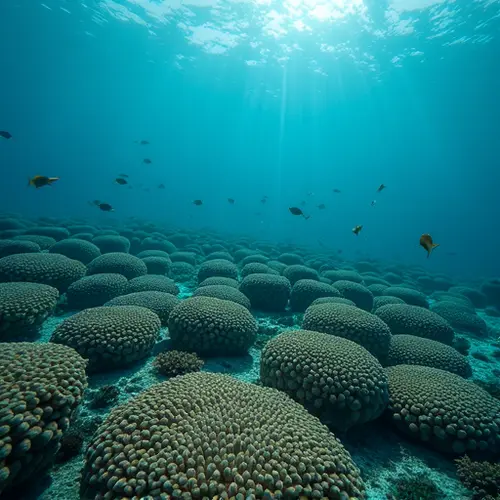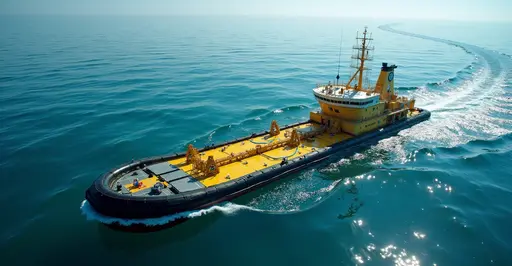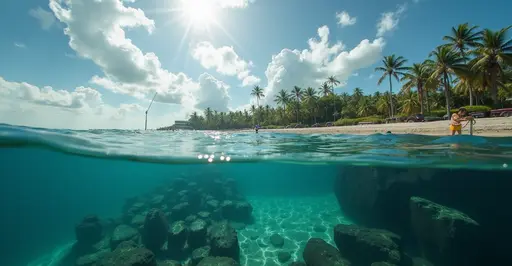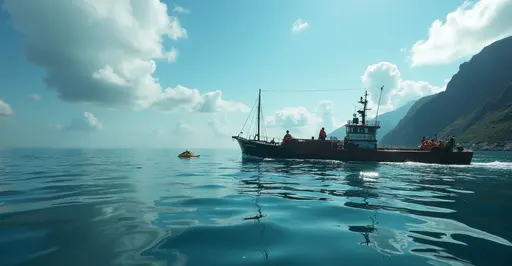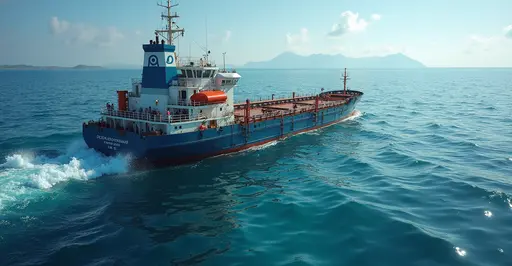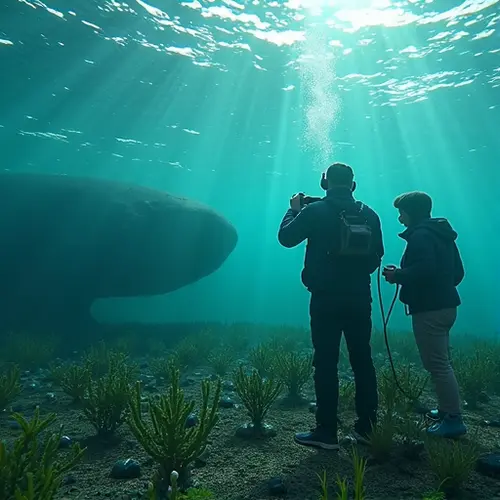
Ocean Farming: A Sustainable Protein Source?
As the world grapples with the dual challenges of food security and environmental sustainability, ocean farming emerges as a promising solution. Innovations like kelp and mussel farming not only provide a carbon-negative protein source but also support marine biodiversity.
The Rise of Kelp and Mussel Farming
Seaweed farming, or kelp farming, is the cultivation of marine algae for food, industrial products, and environmental benefits. The practice has gained traction globally, with China and Indonesia leading production. Kelp farming is particularly attractive due to its minimal environmental footprint—it requires no fertilizers or freshwater and absorbs carbon dioxide, making it a carbon-negative crop.
Mussel farming, another sustainable practice, involves cultivating filter-feeding bivalves that improve water quality by removing excess nutrients. When combined with kelp farming, these systems create a symbiotic relationship that enhances marine ecosystems while producing nutritious food.
Environmental and Economic Benefits
Ocean farming offers a range of benefits:
- Carbon Sequestration: Kelp absorbs CO2 during photosynthesis, potentially mitigating climate change.
- Biodiversity Support: Farms create habitats for marine life, fostering biodiversity.
- Economic Opportunities: Coastal communities benefit from new livelihoods in aquaculture.
Challenges and Future Prospects
Despite its potential, ocean farming faces challenges such as disease outbreaks (e.g., "ice-ice" disease in seaweed) and ecological impacts like mangrove deforestation. However, ongoing research and community-led initiatives, like the Cabalian Bay project in the Philippines, demonstrate the viability of scalable, sustainable ocean farming.
As the demand for sustainable protein grows, ocean farming could play a pivotal role in feeding the planet while preserving its oceans.

 Nederlands
Nederlands
 English
English
 French
French
 Deutsch
Deutsch
 Espaniol
Espaniol
 Portugese
Portugese





